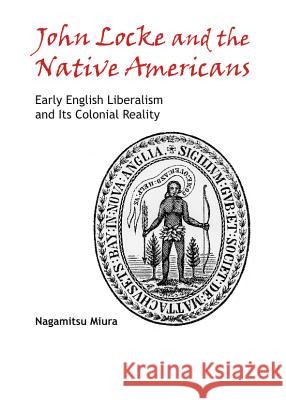John Locke and the Native Americans: Early English Liberalism and Its Colonial Reality » książka
John Locke and the Native Americans: Early English Liberalism and Its Colonial Reality
ISBN-13: 9781443849760 / Angielski / Twarda / 2013 / 193 str.
John Locke and the Native Americans: Early English Liberalism and Its Colonial Reality
ISBN-13: 9781443849760 / Angielski / Twarda / 2013 / 193 str.
(netto: 194,35 VAT: 5%)
Najniższa cena z 30 dni: 198,25
ok. 30 dni roboczych
Bez gwarancji dostawy przed świętami
Darmowa dostawa!
Since the 1990s, the relation between liberalism and colonialism has been one of the most important issues in Locke studies and also in the field of modern political thought. This present work is a unique contribution to discussion of this issue in that it elucidates Locke's concept of the law of nature and his view of war. Locke's law of nature includes, despite its ostensible universal validity, some particular rules which favour the rights of a European form of political society and individualistic land-acquisition at the sacrifice of native traditional land-rights and subsistence. Concerning wars between settlers and the natives, Locke's concept of punishment in state of nature allows the militarily superior side to make a war with the inferior in disregard for the latter's claim and nevertheless, after winning victory, proclaim its own just cause of war. By putting Locke's discourse on colonization and war in the context of contemporary relations between English colonists and the natives, this book makes clear that the expansive element of his theory of property actually overbalanced his rule of limitation of property according to equitableness and that it, after all, undermines the general principles of freedom and equality of all in his law of nature.











